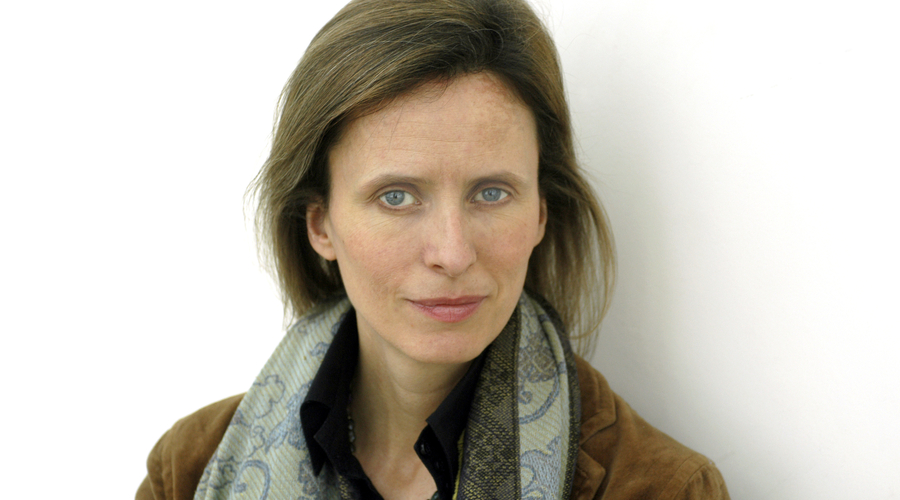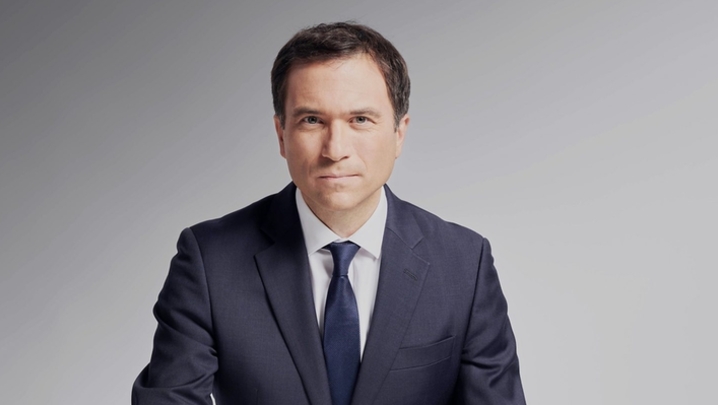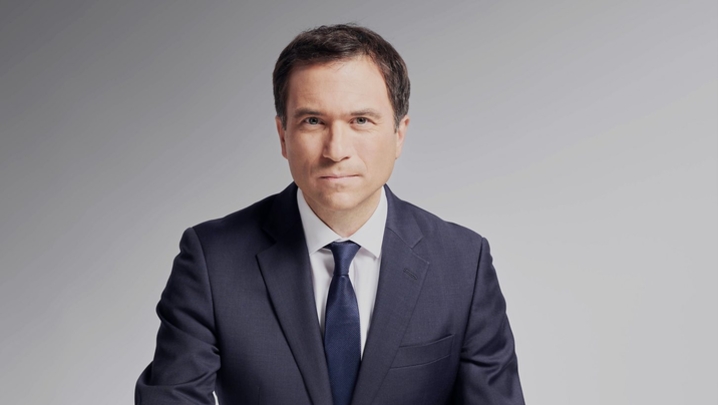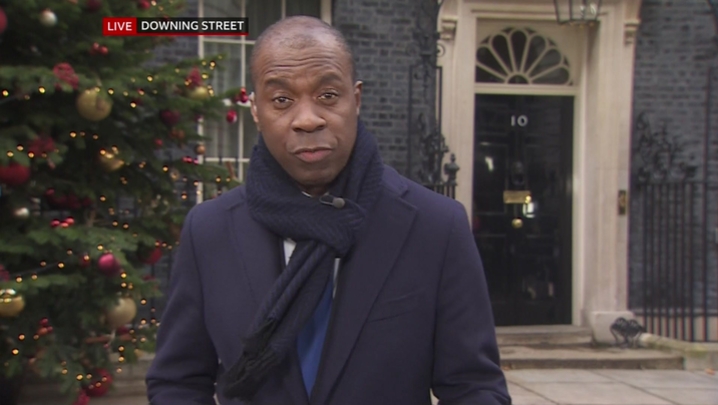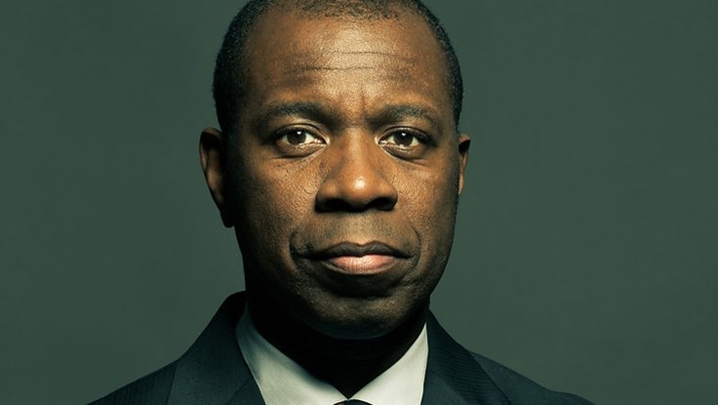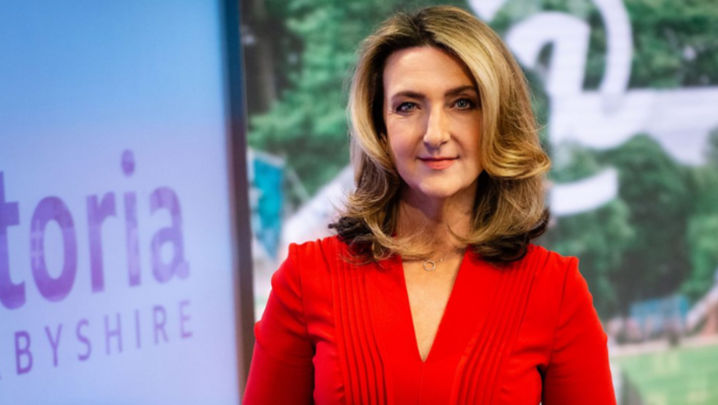“Home has been…” Orla Guerin, the BBC News Correspondent trails off. Where to begin? Over her 23-year career at the BBC, the Dubliner has called many places home: Moscow, Los Angeles, Rome, Jerusalem, Johannesburg, Islamabad and most recently Cairo.
Now 51 she’s wondering if that sort of rootlessness will eventually get tiresome. “It’s part of this life, and that would not suit everyone,” she reflects. “There’s probably a limit to the number of times that you can do it or that you should do it. That said, I keep doing it…”
The Middle East has been Guerin’s home for years, and is an area that she keeps returning to. When she first applied for a job in the region in the 1990s, she worried to a friend that the peace in the area meant that it may not be the right time for an ambitious journalist to relocate. “I remember him saying, ‘Well Orla, it’s been a story for 2000 years. I imagine there’s a bit more mileage.” And shortly after she arrived in the region, the Second Intifada erupted. “I did then end up in a situation of covering conflict and indeed living in it more or less every single day.”
Although her career has been defined by high intensity reports from war-torn regions of the world, that was never Guerin's intention. “I didn’t set out to get shot at,” she shrugs. “I would never consider myself a war correspondent and I never have. That’s not the way I would refer to myself.“
Instead, she sees herself – or rather the team she is a part of - as a finding the human focus of major stories. “I think it helps people to connect and to watch,” she believes. She quotes journalist and author Martha Gellhorn who said, “War happens to people one by one.”
“That’s something that I do think about a lot when I go somewhere,” Guerin reflects. It’s a quote she repeats a few days later at the RTS Television Journalism Awards where she picked up the Television Journalist of the Year Award. It’s important, she maintains, to put a human face on the statistics and the inconceivably large-scale tragedies and disasters that she covers.
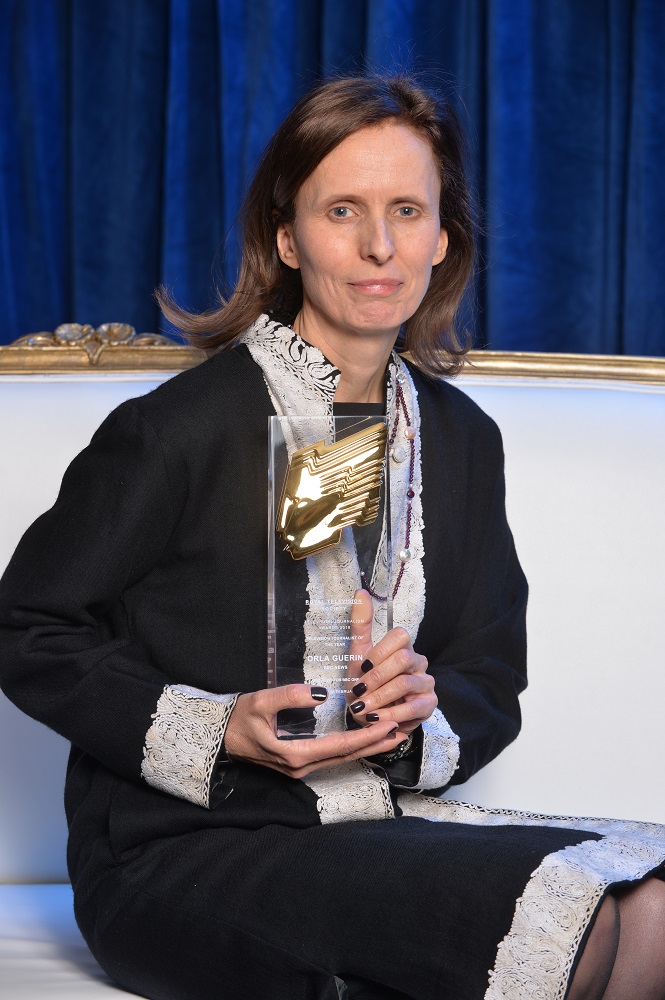
(Credit: RTS/Richard Kendall)
She recalls being in Gaza, covering the bombing night after night, when a ceasefire meant that locals could return to their houses for the first time. She accompanied a man who, although his family had survived, his house had been entirely destroyed. “He told a really beautiful and memorable story about how this house wasn’t just a building. It was the setting for this great love story between himself and his wife. It was where they were introduced, where they met, where they married, and where she came to live with his extended family. As he said, where they had all their dreams.”
“That story connected with very many people in a way that the story of another day or bombardment of Gaza is not going to.”
Showing the humanity in difficult and dangerous places around the world is a keystone of TV news. That, she believes, is why Saudi Arabia has managed to keep the massive humanitarian disaster in Yemen relatively low down the news agenda. The situation in Yemen is among the worst around the globe. Over two million Yemenis have been displaced and the largest cholera epidemic anywhere in the world is sweeping the nation. However news crews simply cannot gain access to the country in order to report it. Guerin and her team eventually managed by sneaking in on a cattle ship after the Saudis grounded a number of UN humanitarian aid flights in an effort to stop the BBC crew accessing the country.
It demonstrates one of the moral complexities of TV news: while the editorial strength of the situation in Yemen is not in doubt, Guerin says, "it’s easier to push something onto a bulletin when you have a very, very strong selection of pictures.”
That is the lesson that Guerin has learned over the course of her life on camera: “it is first, last and always about the pictures. […] One of the things I enjoy most is sitting down at the end of a long day and seeing the pictures and thinking ‘Wow! That’s the shot that says everything.”
.@BBCNews' @OrlaGuerin on winning Television Journalist of the Year #RTSAwards pic.twitter.com/qwsKgBR6jO
— Royal Television Society (@RTS_media) March 1, 2018

